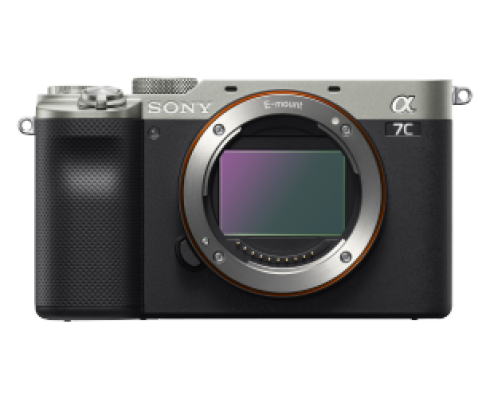
Sony Alpha camera supported by Sony SDK (Software Development Kit)

Sony Alpha camera supported by Sony SDK (Software Development Kit)
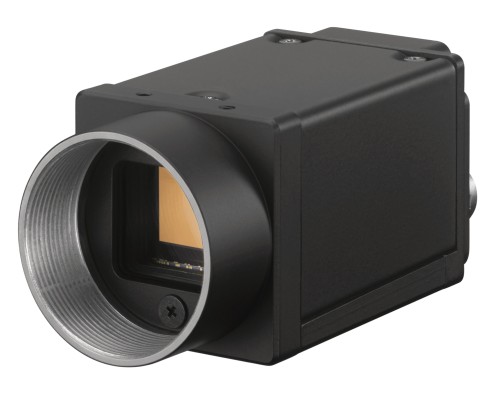
Digital Video Camera using various interfaces (USB, Gigabit Ethernet, Camera link)
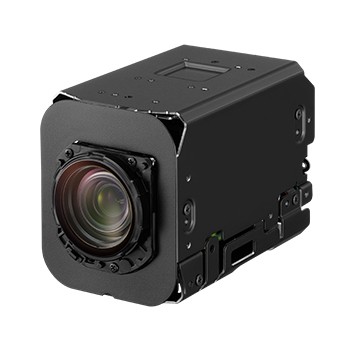
HarshCam, a highly ruggedized electro-optical camera system from Iberoptics, is engineered to deliver dependable, high-quality imaging in extreme environments where conventional vision systems struggle. Designed to maintain full zoom, focus, and clarity under severe shock, vibration, and temperature fluctuations, HarshCam ensures continuous performance when stability matters most
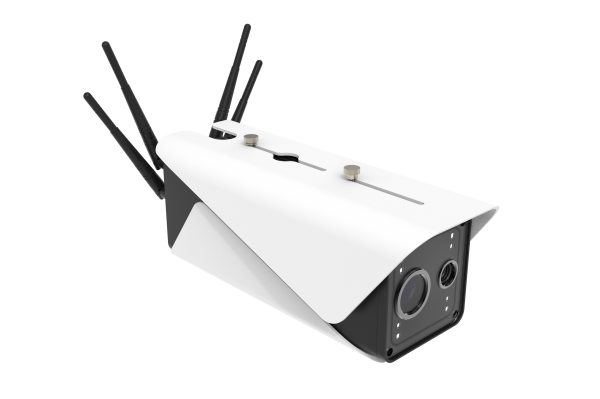
The partnership will see the development of the EYE6N0-S smart city camera with 3X to 25X optical zoom and clear 4K resolution in smooth flow of 60 frames per second
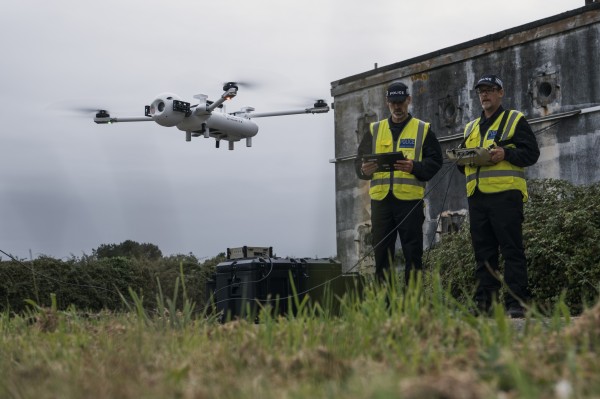
Sky Mantis 2 platform from Evolve Dynamics benefits from a 61-megapixel camera that allows 30X optical zoom
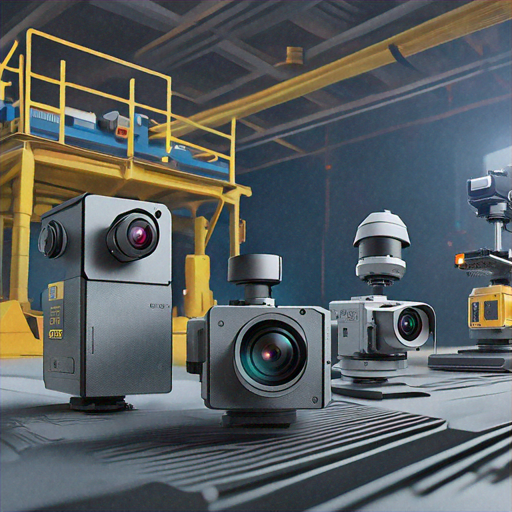
3D stereo, Time-of-Flight (ToF), and 3D LiDAR technologies enable machines to perceive and interact with the world in three dimensions, bringing about innovative use cases in manufacturing, automotive and smart cities.
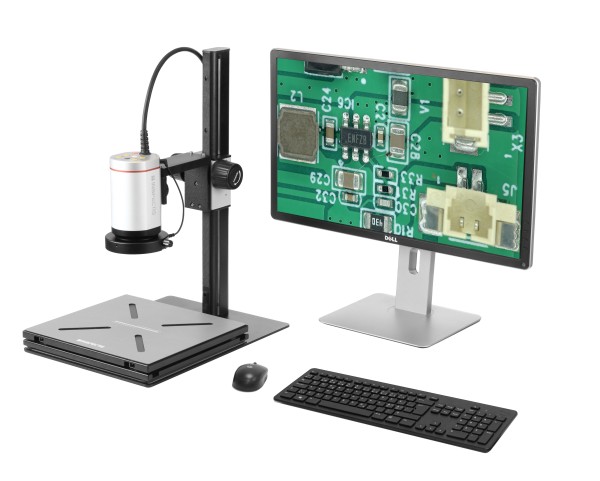
The collaboration sees the development of the Series U50 digital camera microscope with 4K resolution and 60 FPS frame rate for high-speed inspection and live working
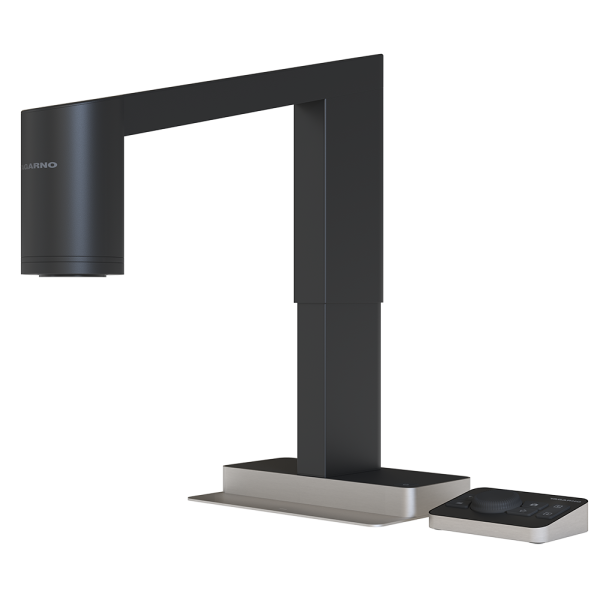
A shared vision: Close collaboration between Sony ISS and Denmark-based TAGARNO leads to the development of the world's first digital microscope featuring a 4K camera with 60 frames per second
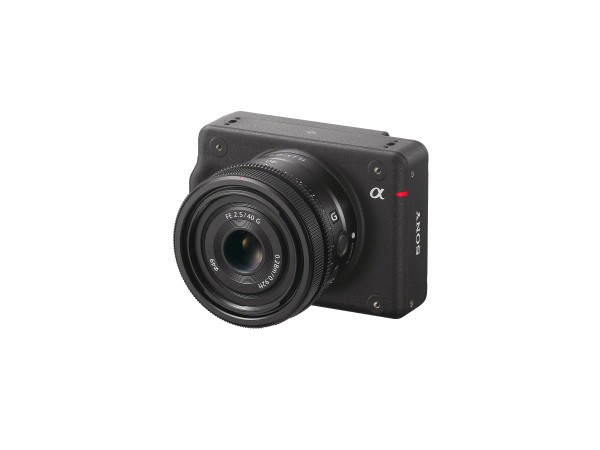
High-performance image-sensing solutions such as cameras are increasingly important in professional sports environments. Such equipment is featured in a surprisingly diverse range of applications. Inside stadiums, it is used for goal-line technology and more precise decision-making, the monitoring of grass quality, and the safety and security of competitors, officials, and spectators. Meanwhile, off the field, there is a rapidly expanding role in fan engagement through the creation of multi-channel immersive experiences.
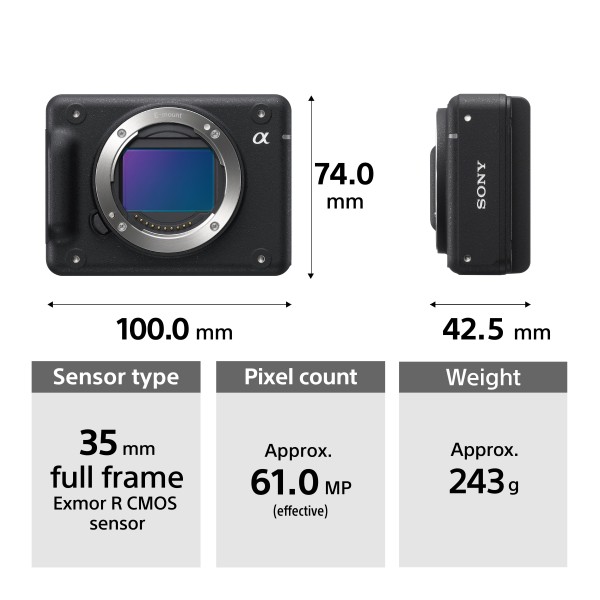
Drones have come a long way from the early days of being hobbyist toys used to experience the excitement and challenge of controlling a flying machine.
Nowadays, they are serious pieces of equipment, finding multiple applications in many sectors, from utilities and agriculture to defense.
Indeed, according to the Drone Manufacturers Ranking 2022 report, the commercial drone market has reached a stage of high technological sophistication, with the fleet growing massively. "The hype of recent years has faded", says the report, "and it is clear now that drone technology is here to stay since it offers very practical solutions to real-life problems."
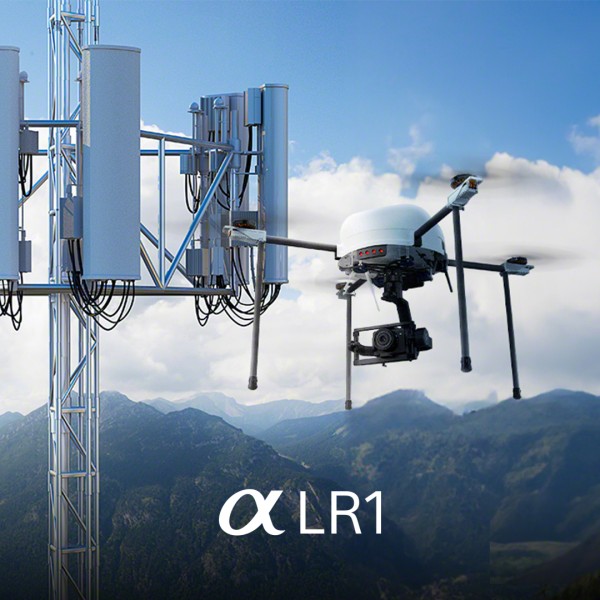
Drones have become a reliable and versatile tool for mapping, surveying, and inspection activities across various industrial sectors. This proliferation has been driven by the availability of rugged and ultra-lightweight imaging systems such as interchangeable lens cameras, which have allowed organizations in industries such as power and utilities to monitor assets remotely – saving time and money and reducing safety risks.
As the capability of drones has increased, so has the scope of their application too. Many companies and organizations now use drones to gather large amounts of data over vast geographic areas, streamlining operations and boosting efficiencies.
So, drones have become invaluable and economical ‘flying sensors’ in a data-driven world. Here, we highlight five top industry applications for drones with image-sensing capabilities, providing use cases highlighting their adaptability.
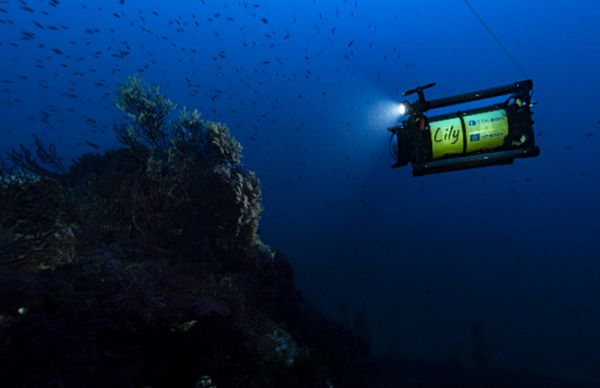
A huge proportion of the Earth’s oceans have still not been fully studied, due to the enormous depths involved. This means that we do not have a true understanding of the more inaccessible areas or the plant and animal species that inhabit them. Backed by UNESCO, the decade-long 1 OCEAN project is taking underwater exploration to places where it has never been before
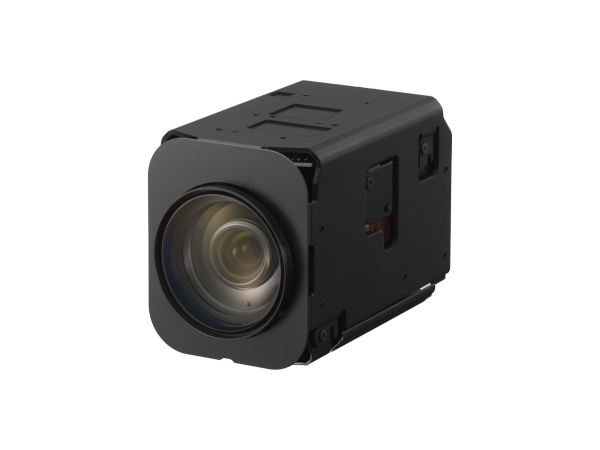
The Sony FCB-EV9520L sets itself apart from other camera blocks through several important attributes. Pivotal to its operation is the unique cell structure utilised. In order to boost sensitivity, the photodiode layer in each cell has been made much deeper than in conventional arrangements.
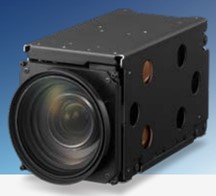
Autofocus (AF) is an essential feature of modern camera solutions, enabling sharper images. It is of value across a wide range of different applications scenarios, from automated industrial inspection and process monitoring to traffic management, AGV/robot machine vision, and city surveillance. Contrast sensor data is utilised to determine the optimal focal length. Based on that data, a controller will then adjust the optical system accordingly.
Below is our list of archived case studies which demonstrate how Sony Industrial Camera products can be used to add value to our customers solutions.
Click here to return to the list of our latest case studies.